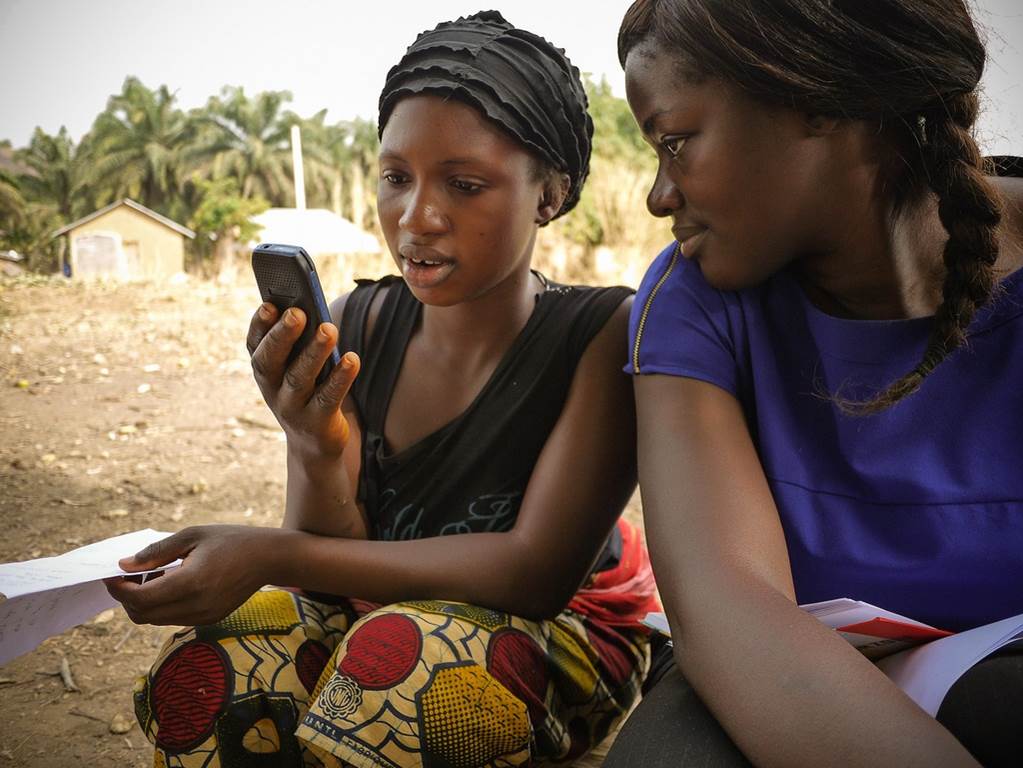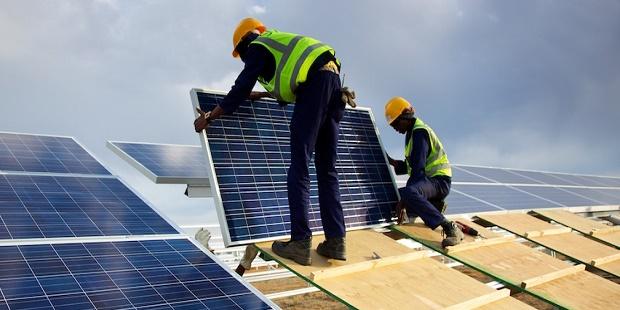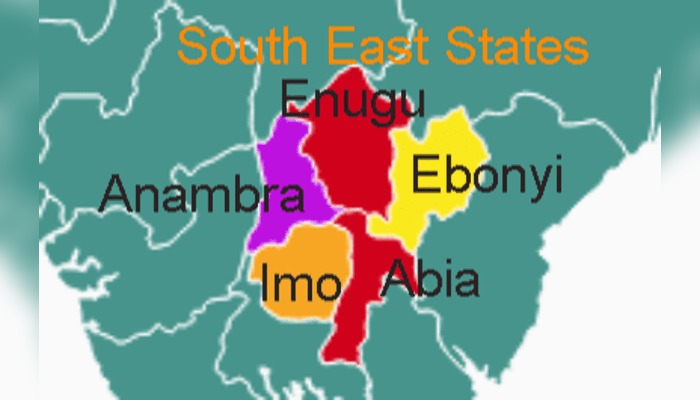A frightening report from the World Bank says Nigeria’s already biting poverty levels is likely to get worse in the coming years.
In its latest Africa Pulse report, the Bank predicts poverty in Nigeria will rise by 3.6% between 2022 and 2027.
The report was released during the Spring Meetings of the IMF and World Bank in Washington DC on Wednesday.
It says even though Nigeria’s economy grew faster than expected at the end of 2024, it recognized that many Nigerians are still struggling.
“Nigeria, like other resource-rich countries, is facing tough poverty levels due to overdependence on oil and weak institutions,” the report says.
The Bank explains that non-oil sectors are growing, but this growth isn’t helping poor people fast enough.
Nigeria Among Few African Countries With Rising Poverty
According to the World Bank, only countries that depend heavily on resources — like Nigeria and Congo — are seeing poverty increase.
Other African countries, especially those without oil or minerals, are actually reducing poverty faster.
“Thanks to higher agricultural prices, non-resource-rich countries are growing faster, even with fiscal pressures,” the report adds.

In 2024, about 80% of the world’s extremely poor people lived in Sub-Saharan Africa. Half of them were in just four countries. Nigeria is one of them.
The report shows that fragile, resource-rich countries had an average poverty rate of 46% in 2024. That’s 13% higher than similar countries that are more stable.
Meanwhile, non-resource-rich, stable countries have been cutting down poverty steadily since 2000. By 2010, they had closed the poverty gap with others completely.
The Bank advises countries like Nigeria to do better with public money. It says leaders should fix tax systems and build trust with citizens.
“Improving fiscal management and building a better fiscal contract with citizens is important,” it said.
Here’s How An Expert Thinks One Can Avoid The Worsening Poverty
“Let’s picture Ada, a 27-year-old woman living in Enugu. She doesn’t have a high-paying job, but she owns a smartphone and is good with design. One day, she starts learning how to create social media flyers. At first, she does free work for friends.
“After a few months, small businesses begin to pay her. Now, she earns in naira, and sometimes in dollars, from clients abroad.
“Not far from her, Bala, a former okada rider in Kaduna, turns his family’s small land into a tomato farm. He uses YouTube videos to learn modern farming tricks. He saves his profits and later starts drying tomatoes to sell during off-season months when prices rise.
“Both Ada and Bala are creating paths out of poverty.

“Then there’s Chidi, who used to wait endlessly for a “government job.” Tired of waiting, he learned how to install solar panels. Today, he partners with two friends and installs solar for homes and shops. With constant blackouts, people need him more than ever. He’s not rich, but he’s never longer broke.”
What do these stories teach us? That escaping poverty in Nigeria isn’t easy, but it’s possible.
It means starting with what you have, even if it’s just time and data. It means being curious, learning skills that people need, and turning them into income.
Many young Nigerians are also forming cooperatives — groups where people pool money, support one another, and grow together. With trust and commitment, this old idea is becoming fresh again.
Of course, these efforts won’t solve the national crisis. We need good leadership. Solid competent leadership, but they show that even in hard times, individual action can make a difference.
We might not all become millionaires, but we can avoid falling deeper into hardship.
In a country where poverty is predicted to rise, and compassionate, competent governance is not always available, choosing to try might be the best, and possibly only step.
Like 👍, Comment, share this article, and Follow us on our social media handles.








When have we ever receive good news or report from world Bank and Co.? They make it impossible for us to rise with their conditions and still give us negative reports.-